Give your brain the break it needs
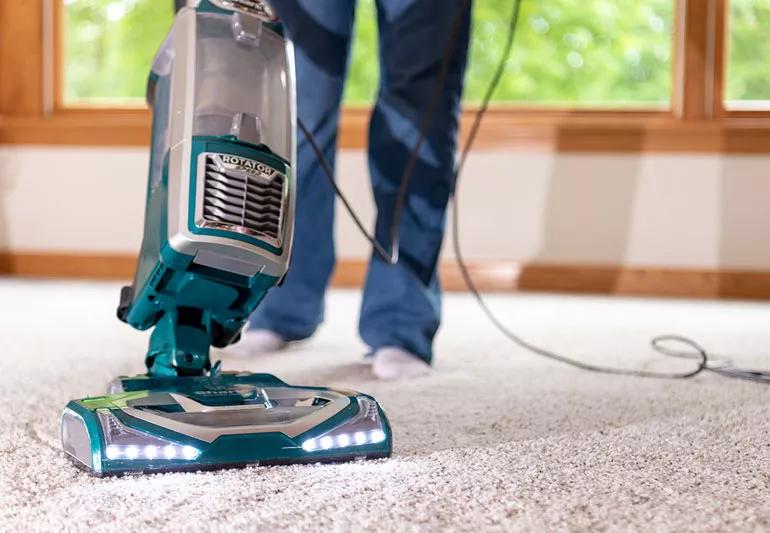
Being busy can feel like a badge of honor. “So many of us define ourselves by what we do. So we overdo, overwork and overproduce,” says psychologist Scott Bea, PsyD. “In our culture, ‘downtime’ can sound like a dirty word.”
Advertisement
Cleveland Clinic is a non-profit academic medical center. Advertising on our site helps support our mission. We do not endorse non-Cleveland Clinic products or services. Policy
But there are plenty of good reasons to give your brain a break, he says. Not convinced you have time to take five? Keep reading.
Have you ever gotten stuck doing a crossword puzzle, set it aside and came back to solve it easily after a break? That’s no accident. “Our brains are like sponges,” says Dr. Bea. “They can only soak up so much information before they’re saturated, then they have to dry out a bit.”
Your brain needs a rest now and then. A little downtime is important for your brain health. Research has found that taking breaks can improve your mood, boost your performance and increase your ability to concentrate and pay attention.
When you don’t give your mind a chance to pause and refresh, it doesn’t work as efficiently. You might also be more likely to experience burnout and the health problems that go hand-in-hand with chronic stress.
“When you take breaks, you can solve problems in fresher ways than you could if you just kept your nose to the grindstone,” he says. “Our brains are like any machine: They need a rest.”
Taking a break doesn’t mean your brain has totally checked out. “What we call downtime isn’t complete downtime,” Dr. Bea says.
That’s because some regions of the brain get more active when you aren’t focused on processing information. The best known of those brain areas is the default mode network (DMN).
Advertisement
The DMN seems to play an important role when you’re focusing attention inward, rather than focusing on the external world. The DMN has been linked to things like ethics, memories, creativity and how we define our sense of self.
“There’s some science to suggest that what our brains do when they’re not actively processing information is pretty important,” he says. “When we let our minds wander, it can be replenishing.”
Don’t confuse “downtime” with “leisure activity.” Going to a museum, doing a puzzle, reading a book, catching up with a friend — those are wonderful ways to spend your free time. But they’re not true downtime, in the mind-wandering sense.
And watching TV, scrolling through social media or playing games on your phone also don’t count as downtime. (What???) “These activities all require processing information — and part of the reason we need more downtime is that we’re doing way too much processing already,” Dr. Bea explains.
To let your mind wander and activate the DMN, you need to do less. A lot less. Like “sit and stare into space” less. If you have trouble sitting and staring, try a mindless task, like vacuuming or weeding, Dr. Bea says. He’s a big fan of nature walks. But whatever you do, pick something that doesn’t require your brain to do much work. Then, let it meander.
If you’re used to being overscheduled, though, it can be hard to figure out how to let your brain just … be. These steps will help make you a daydream believer.
Advertisement
So go ahead and give yourself a break. Your mind will thank you later — when it’s done wandering.
Advertisement

Sign up for our Health Essentials emails for expert guidance on nutrition, fitness, sleep, skin care and more.
Learn more about our editorial process.
Advertisement

Physical activity can help preserve and improve your cognitive function and fend off dementia, stroke and other health concerns

The ‘Six Pillars of Brain Health’ offers a game plan to maintain cognitive function

The tickling response may be more about protection than enjoyment
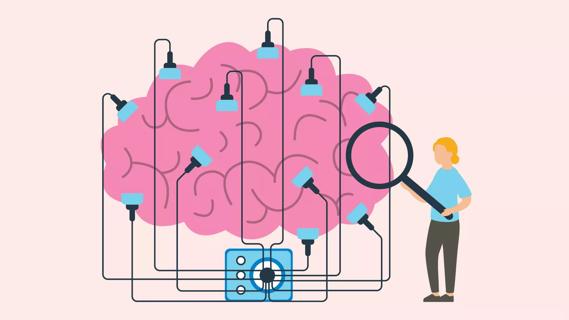
You can build mental muscle by challenging your mind and giving it new experiences

This first-of-its-kind study aims to identify biomarkers of neurological disorders
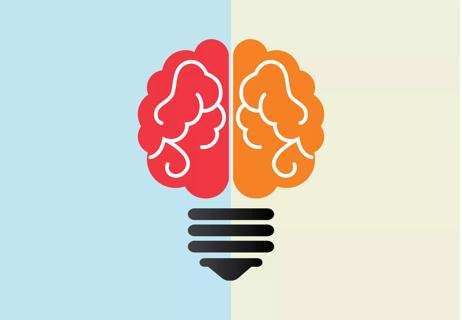
Different parts are responsible for different things, but you use both sides all the time
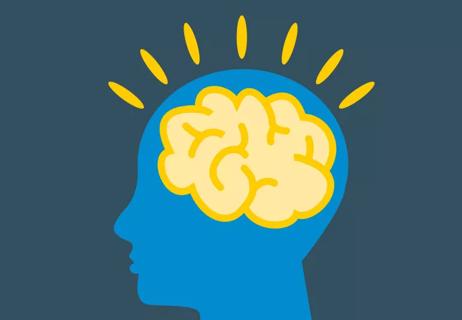
Add some brain food to your plate
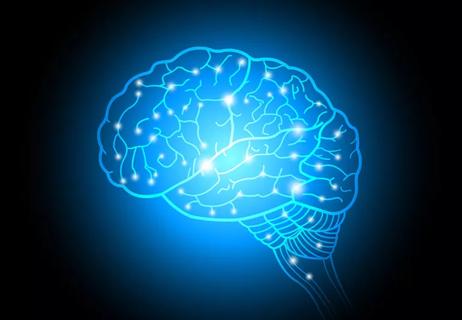
A collection of fascinating facts

Even small moments of time outdoors can help reduce stress, boost mood and restore a sense of calm

A correct prescription helps your eyes see clearly — but as natural changes occur, you may need stronger or different eyeglasses

Both are medical emergencies, but they are very distinct events with different causes